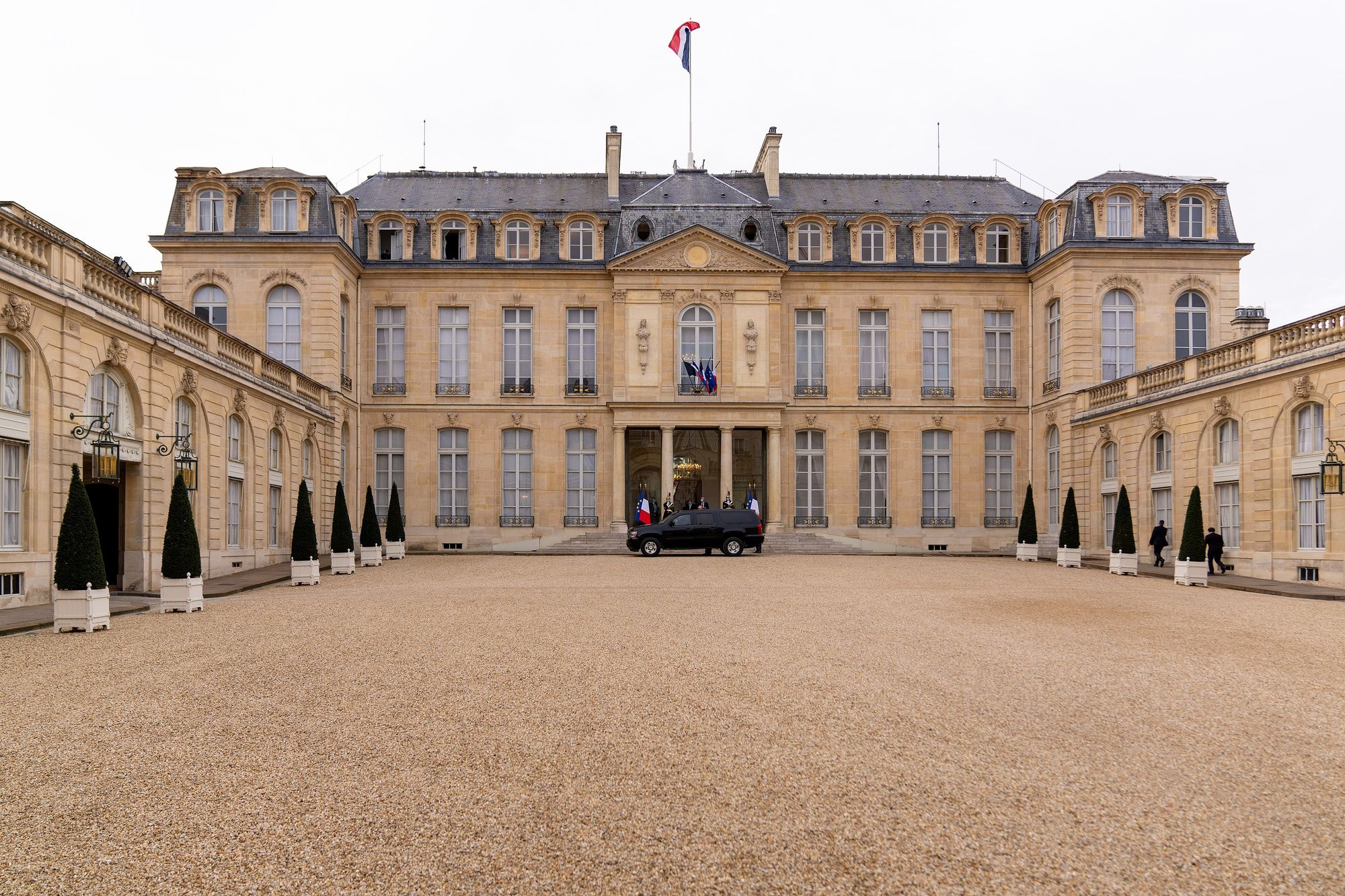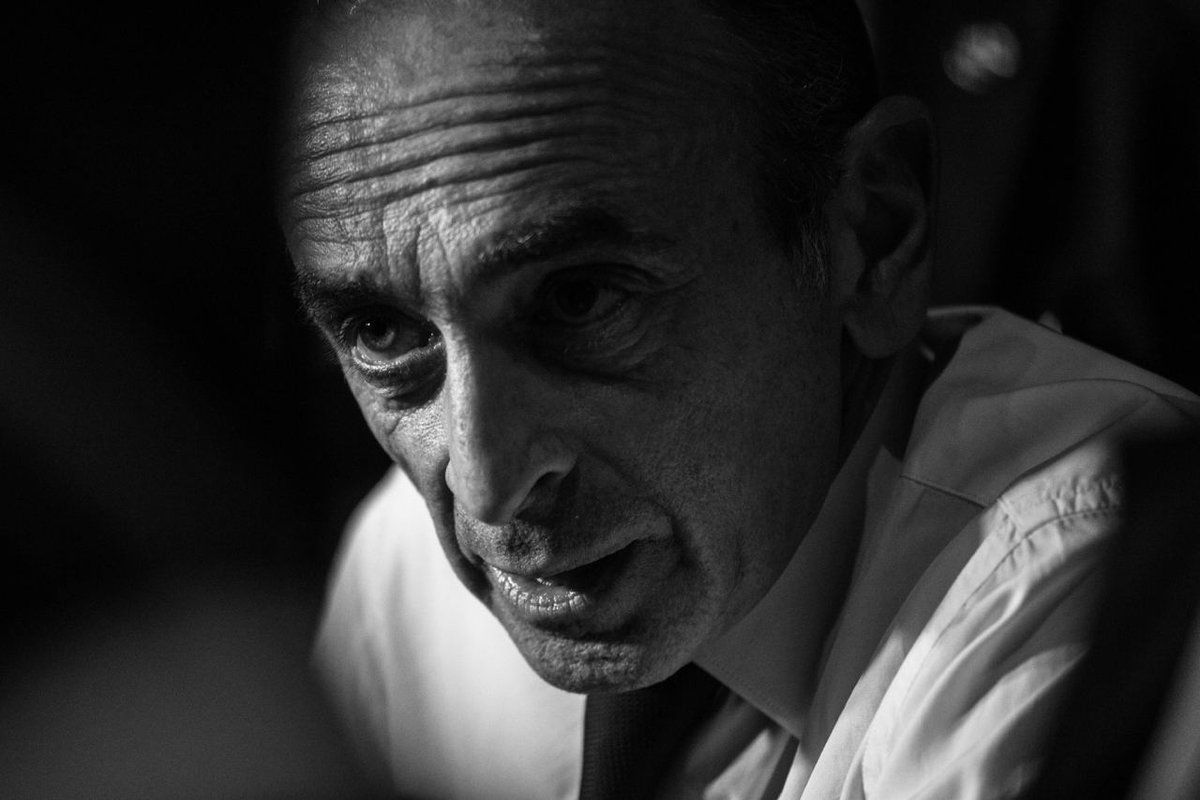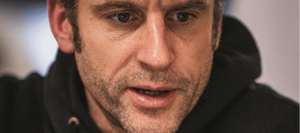The Briefing: The French presidential election, round one.
- Then there were two...
- Marine Le Pen and incumbent president Emmanuel Macron are leading the crowded field, likely to faceoff in round two
- The top three so far are the centrist Macron, 27.6%; far-right Le Pen, 23.4%; and far-left Jean-Luc Mélenchon, 22% (see results)
- In France, if no candidate notches >50% of the vote, they hold a second round to decide between the top two
- I'm having flashbacks
- Here's the weird thing: no parties
- When Macron won the Presidential election in 2017, his party, La République En Marche!, or The Republic on the Move!, had no seats in the legislature
- Marine Le Pen's party, National Rally, holds only six of the 577 seats in France's legislature and spent most of last year losing different elections
- Third place Mélenchon is also the founder of his own party, Unsubmissive France, which holds only 17 seats
The Big Question: Where’s the party?
Imagine it’s 2016 in America, but instead of Donald Trump winning the presidency, both the Republican and Democratic parties collapse, while former Secretary of State Hillary Clinton breaks off and forms her own party, Let’s Go, America. By 2020, neither major party has made a resurgence, but the presidential election results in a three-way tie between Clinton, Bernie Sanders, and Donald Trump.
You’re probably thinking that sounds extremely bizarre. And it is! But that’s almost exactly what’s been happening in France since 2017.
The 2012 French elections were fairly business-as-usual, decided between the two main parties—the center-left Socialists and center-right Popular Unionists—and their presidential candidates. The Socialists won both the legislative and presidential elections.
By 2017, though, the bottom of France’s political status quo had totally fallen out. The Socialist president François Hollande saw his popularity plunge due to high unemployment and a number of terrorist attacks during his tenure. In turn, he declined to seek re-election, while his own finance minister—Macron—left to form his own party. When the election finally rolled around, neither of the major parties were anywhere to be seen, and the dynamic, young former minister ended up against the daughter of perhaps the most famously racist man in French politics.
Five years later, and France still seems totally bereft of real political parties. But what does that really mean for French democracy?
The Theory: The perils of personalization.
While the alternative history I laid out may have seemed a bit crazy, you may have also thought to yourself that it wasn’t that far off from the truth. In 2016 America did see a folding of the Republican party—at least as it had been known for a few decades—in the face of Donald Trump’s personal brand of politics.
The details are a little different, and the devastation of France’s parties seems a lot more complete, but there’s some truth to this. That’s probably because presidential systems like France and the U.S. are more subject to the whims of individual leaders and politicians than more party-centric parliamentary democracies. Perhaps unsurprisingly, presidential democracies are also much more prone to authoritarian backsliding and the rise of strongmen.
The tendency of presidential politics to become highly personalized doesn’t necessarily lead to full-blown democratic collapse, but it can still pose serious threats to democratic health.
In the Oxford Handbook of Political Behavior, Ian McAllister breaks down why personalization happens and the four most common consequences: the decline of parties, increasing electoral volatility, more influential leader figures, and popular pressure to further empower individual leaders.
Sometimes democracies may shed one or multiple parties as part of a normal, healthy, and productive reshuffling. If new parties take root in civic life independent of individual politicians, that’s hardly a bad thing. But if personalization lasts too long, and parties don’t get a foothold eventually, these steps chart a clear path away from democratic health.
The Takeaway: France needs to find her footing.
I’ve had a personal, particular interest in French politics ever since Macron won in 2017. His message about the way France ought to interact with the EU resonated with me, and he struck me as the kind of statesman I longed to see in the U.S. When he did his famous Economist interview in 2019 I was blown away by the words of a politician who seemed to say exactly what I thought—something that’s really never happened with any American candidate for president.
But even as I may be a personal fan of Macron, I suspect that France cannot continue much longer like this without some very bad consequences. Even before this election, the signs were clear that the personalization of French politics was worsening.
In one of my first articles for Spectacles back in July 2020, I wrote about this exact problem, warning that personalization was going to erode the value of French elections by making them a personality contest. As a result, I wrote, France was likely to see decreased turnout, as more voters realized that a politics without parties is not reliable.
From 2012 to 2017, first-round turnout in the presidential elections decreased from 79.5% to 77.8%. This year, it’s down to about 73.8%. Without parties, it’s just not clear what you’re going to get, and when that happens, voting starts to lose its purpose.
Subscribe to Spectacles




Comments
Join the conversation